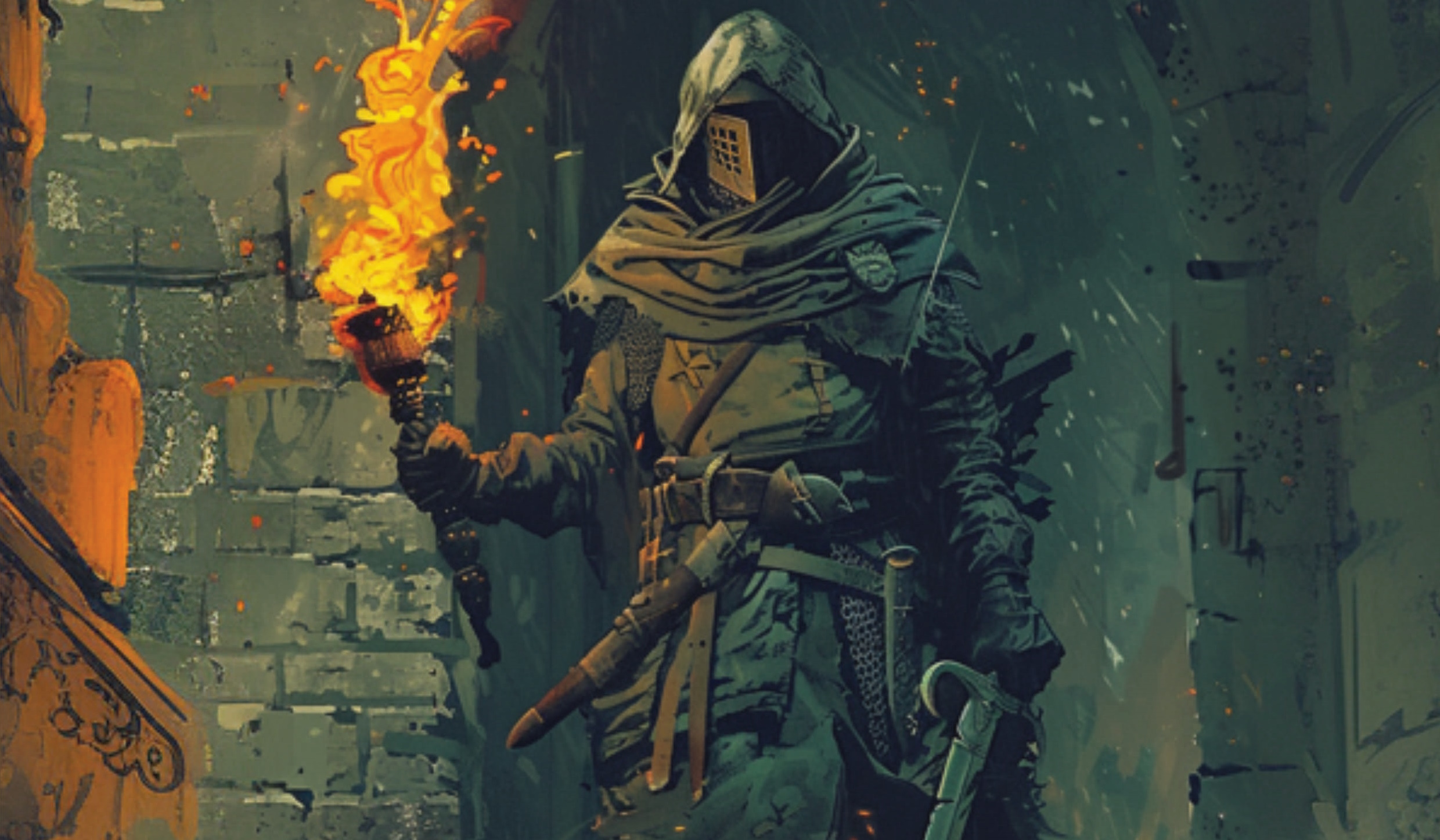D&D 5th Edition: A Few Thoughts
After having played and run D&D 5th Edition for a couple of months I think it’s time to have a look on what worked and what didn’t work quite as well.
Overall D&D 5th Edition is a very good game, much better than several predecessors, but it still has a couple of things that bother me. But before focusing on the things that didn’t work let’s praise what WotC did right.
D&D 5th Edition feels like D&D. There’s a strong focus on roleplaying which is supported by the new backgrounds introduced in this edition. Ruleswise the advantage/disadvantage mechanic is a stroke of genius and basically removes numbercrunching to an absolute minimum. I also love that classes are much more flexible than before without the need for too many additional rules. After being burned out on D&D 3.0/3.5 and having serious issues with 4th Edition, D&D 5th Edition felt like a welcome breeze of fresh air.
Alas there are still a couple of things that bother me. Armor class is still among the first things I’d throw out if I had to redesign D&D. It just doesn’t make any sense that heavy armor makes it less likely being hit. Armor should reduce the damage taken instead. Another thing I don’t like is that attribute values are still a thing. They are actually never used. It’s probably a tradition thing but mechanically it makes no sense.
But the biggest problem is that there are other more exciting games out there. D&D was the hot new thing in 1974 but nowadays it has become the baseline for what we expect from fantasy RPGs. It has become a trope, a genre in itself. And as long as you want to keep it recognizable as D&D you have to keep some elements alive like the aforementioned attribute values, AC, hit points, the classes, etc. Without these elements it’s just not D&D anymore.
One of the systems I fell in love with is Monte Cook’s Cypher System (which has been used in Numenera and The Strange). It still retains a couple of D&D-isms, but overall it takes fantasy roleplaying into a different direction. In my opinion it is a very elegantly designed system, easy to pick up and play and extremely easy to run. When I run D&D it still feels a bit more like work.
This summer Monte Cook Games will release a Cypher System Rulebook which includes a section on how to run standard fantasy settings using the Cypher System. I have to admit I am very tempted to convert my D&D game to this new system or start a new one from scratch in one of the genres supported by it.
D&D 5th Edition is still my favorite edition of D&D, but there are games out there which are – at least in my opinion – more fun to play and run.



16 comments